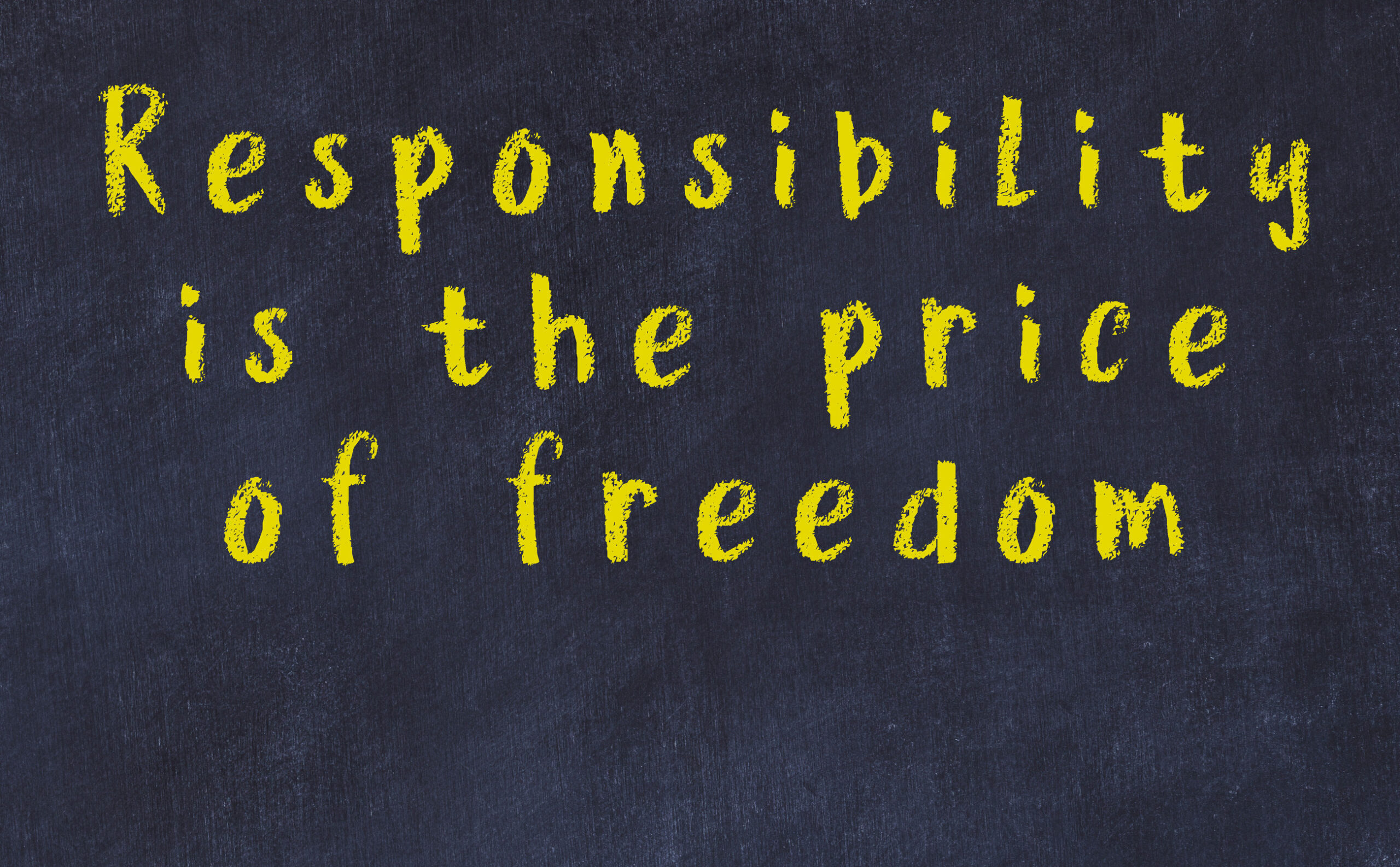Keep Right – Column by Ralph K. Ginorio
An escapee from the living hell that is the Communist People’s Republic of China once said, “In China, they hold big meetings to decide small issues, small meetings to decide big issues, and for the most important issues they hold no meetings at all.”
Many of us have been compelled to attend workplace training sessions where sham collaboration is used to manipulate employees into coming up with the company preapproved solutions to previously-identified problems. Instead of simply stating that it will now be company policy to do this or prioritize that, managers force staff to engage in a caricature of collaboration so that employees will “take ownership” of their new policy.
These cringe-worthy events are excruciatingly tedious. Within the first few moments, any participant worth their salt understands precisely what new mandatory mission and vision is about to be foisted on them. Then, for the rest of the session, everyone participates in a complex dance in order to seemingly spontaneously and collaboratively innovate whatever objective was selected by the decision-makers, long before the seminar began.
Except for the consultants who are well-compensated for choreographing such comic operas, I have never met anyone who relishes spending time engaged in such team building; anyone, that is, except for those who crave to master such deft manipulation in pursuit of their own ambition. Despite their unpopularity, such seminars have come to dominate the corporate cultures within academe, big business, K-12 schools, government bureaucracies, and even the military.
These techniques of top-down directives masquerading as bottom-up initiatives have a startling origin. They come from the “self-criticism” processes developed and perfected by Mao Tse-Tung in the mid-1930s during the Chinese Communist Party’s (CCP’s) so-called “Long March.”
Mao Tse-Tung is by far the most successful mass murderer in all of human history. He, directly or indirectly, caused the premature deaths of between 60-120 million Chinese. Nothing was more important to Mao than wielding power. Mao initiated a ten year-long “Cultural Revolution,, when adolescents were given the power of life-and-death over everyone and everything in China. Rejecting their parents and any other relic from the “Four Olds” (ideas, culture, customs, and habits), they judged all that they encountered.
Their standard of judgment was conformity to the Little Red Book; a short collection of Mao Tse-Tung’s insights about revolution and Communism. Armed with Kalashnikovs and above the law, everything and everyone was placed at the mercy of a thirteen-year-olds’ understanding of truth, as defined by Mao’s book.
Every rural village and city neighborhood was subjected to People’s Courts, where Red Guards had anyone that they accused of being a class traitor or thought criminal hauled onto a stage. There, they were berated for hours by everyone in their life for their many real or imagined transgressions. Surrounded by dozens of furiously shouting family, neighbors, and colleagues, each accused person would eventually break down and publicly confess their guilt, regardless of actual guilt or innocence. Wearing a dunce cap listing their crimes (often in their own handwriting), this ordeal would culminate in their sentencing.
The work of these barely pubescent Red Guards and their People’s Courts were assisted and perpetuated by networks of locals. Block Mothers conducted regular surprise inspections of their neighbors’ homes. Children spied on their parents and relatives.
This was all made possible by Mao’s system of self-criticism. Every Communist Party member, of any age and at every level of responsibility, was required to participate. No one was exempt; no one except, of course, for Mao Tse-Tung himself.
Even Premier Chou Enlai, the head of China’s government and the second most powerful man in the People’s Republic, had to undergo the weekly ritual of submitting a diary of self-criticism to his superior. In Chou’s case, Chairman Mao would read in Chou’s own words how, through action or inaction, he had betrayed the revolution in thought, word, or deed over the past seven days. Every man, woman, and child affiliated with the Chinese Communist Party
would do the same each week.
Such self-criticism was mandatory in a China where the merest deficit in lockstep conformity could result in being sentenced to forced labor, re-education, or execution. At will, any Party Member could be blackmailed by their superiors. Self-criticism was a basis for Mao’s unshakable power over the CCP, because everyone had already admitted their guilt.
Thankfully, the perdition that was Maoist China is worlds apart from fashionable contemporary corporate training methods which create an illusion of mutuality. However, if it seems soul-killing to be coerced into engaging in insincere interactions and false collaborations, this dark origin is one reason why.
Instead of being an authentic invitation to participate in making a workplace genuinely better, such methods are a cynical and dehumanizing way for management to exert an often illegitimate control.
Effective managers care about job performance. They are meritocratic. Weak managers fear dissent, and so suppress creative spontaneity. Masquerading as collaboration, these false methods comfort weak managers by making employees complicit in their own subjugation.







